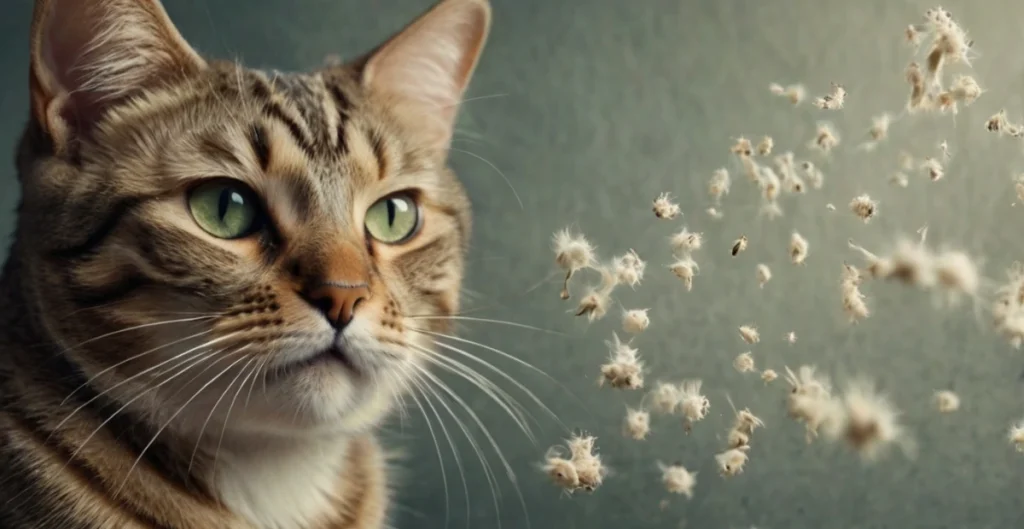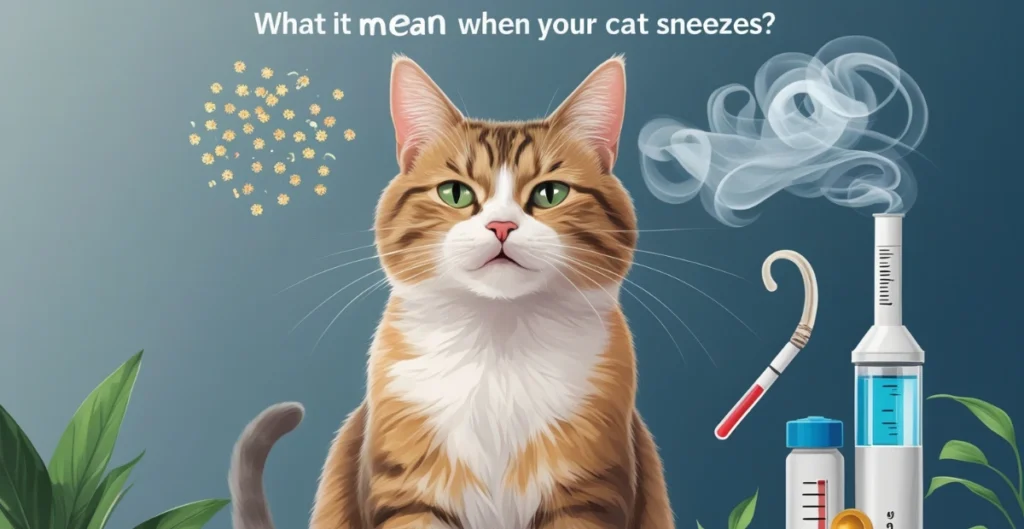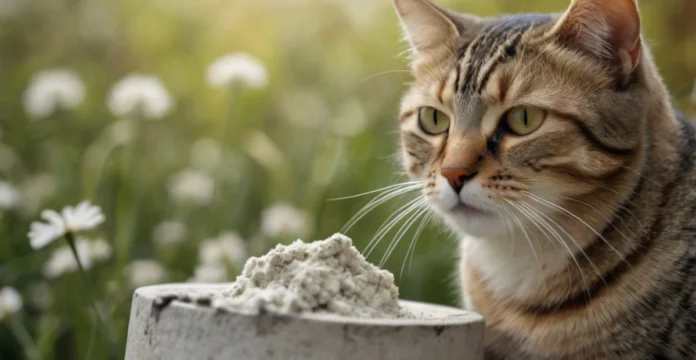Few things warm your heart more than the sight of your furry companion at play, but when a seemingly innocent sneeze turns into a recurring issue, you can’t help but wonder: Is something wrong? While occasional sneezing in cats may simply be a harmless reflex, frequent bouts can signal an underlying issue that needs your attention. In this guide, you’ll uncover the reasons your cat might be sneezing, how to identify common causes, and what steps you can take to ensure your feline friend stays healthy and happy.
advertisement
Table of Contents
What Does It Mean When Your Cat Sneezes?

Is Sneezing in Cats Normal?
Cats, much like humans, sneeze to clear their nasal passages of irritants. A single sneeze here and there isn’t necessarily a cause for alarm. However, frequent or persistent sneezing, especially if accompanied by other symptoms, may indicate something more serious.
advertisement
When to Worry About Cat Sneezing
You should be alert if your cat’s sneezing is accompanied by:
- Nasal discharge (clear, yellow, or bloody).
- Lethargy or reduced energy levels.
- Loss of appetite.
- Breathing difficulties or wheezing.
If any of these symptoms are present, consulting your veterinarian promptly is essential.
Common Causes of Sneezing in Cats

Allergies and Irritants
Cats are sensitive creatures, and their noses can react to a variety of irritants. Common triggers include:
advertisement
- Dust and pollen.
- Perfumes or scented cleaning products.
- Smoke from cigarettes or fireplaces.
- Air fresheners or candles.
If your cat sneezes after exposure to any of these, reducing their access to these irritants might help.
Respiratory Infections
Upper respiratory infections (URIs) are among the leading causes of sneezing in cats. These infections can be:
- Viral: Often caused by feline herpesvirus or calicivirus.
- Bacterial: Examples include Bordetella or Chlamydia.
- Fungal: Rare, but possible in certain environments.
Symptoms often include sneezing, runny nose, watery eyes, and fever. URIs are highly contagious among cats, especially in shelters or multi-pet households.
Dental Problems
Believe it or not, issues with your cat’s teeth can lead to sneezing. Infections in the mouth, such as abscesses or severe periodontal disease, can spread to the nasal passages, causing irritation and sneezing.
Foreign Objects
Cats are curious by nature, and sometimes small particles like grass blades, lint, or other foreign objects can get lodged in their nasal passages. This can cause sudden and repetitive sneezing.
advertisement
Environmental Factors
Changes in humidity or exposure to extreme temperatures can irritate a cat’s nasal passages. Additionally, poor air quality or exposure to household chemicals might trigger sneezing.
How to Identify the Cause of Your Cat’s Sneezing
Observing Symptoms
Paying close attention to your cat’s behavior and symptoms can offer valuable clues. Keep a checklist of:
- Frequency and duration of sneezing episodes.
- Presence of nasal discharge.
- Additional symptoms like coughing, fever, or lethargy.
When to Seek Veterinary Care
Certain symptoms warrant a visit to the vet:
- Persistent sneezing that lasts more than a few days.
- Sneezing accompanied by blood or green discharge.
- Breathing difficulties or noticeable discomfort.
Diagnostic Tests
Your vet might recommend:
advertisement
- X-rays to identify obstructions or abnormalities.
- Nasal swabs to detect infections.
- Dental exams to rule out oral health issues.
Treatment and Prevention Tips for Cat Sneezing
Addressing Allergies and Irritants
- Switch to unscented cleaning products and avoid using air fresheners.
- Use an air purifier to reduce allergens like dust and pollen.
- Keep windows closed during high-pollen seasons.
Treating Infections
For respiratory infections, your vet may prescribe:
- Antibiotics for bacterial infections.
- Antiviral medications or supportive care for viral infections.
- Hydration and rest to help your cat recover.
Home Remedies for Mild Cases
Table: Natural Home Remedies for Cat Sneezing
| Remedy | Ingredients Needed | Instructions |
|---|---|---|
| Steam Therapy | Hot water, bowl | Allow your cat to sit near a bowl of steaming water (supervise closely). |
| Saline Drops | Saline solution | Administer 1-2 drops in each nostril if recommended by your vet. |
Preventive Measures
- Schedule regular vet check-ups to catch issues early.
- Ensure your cat is up-to-date on vaccinations, especially for feline herpesvirus and calicivirus.
- Maintain a clean, smoke-free environment.
Frequently Asked Questions (FAQs)
Why is my cat sneezing so much all of a sudden?
Sudden sneezing might be due to exposure to an irritant like smoke, dust, or a foreign object. If it persists, consult your vet.
Can cat sneezing be a sign of a serious illness?
Yes, persistent sneezing accompanied by other symptoms could indicate infections, allergies, or even more severe issues like nasal tumors.
advertisement
What should I do if my cat sneezes blood?
Sneezing blood is a sign of irritation or injury in the nasal passages. Seek veterinary care immediately to identify the cause.
How can I tell if my cat’s sneezing is due to allergies?
Allergy-related sneezing is often seasonal and accompanied by watery eyes, itching, or a runny nose. Reducing exposure to allergens may help.
Caring for Your Sneezing Cat
Your cat’s sneezing might range from harmless to concerning, but by understanding the potential causes and taking proactive steps, you can ensure they remain healthy and comfortable. Whether it’s addressing allergens, seeking treatment for infections, or scheduling regular check-ups, your attention makes all the difference. Don’t wait to act if you suspect something is wrong. Your feline friend depends on you for their well-being.
Call-to-Action
If you found this guide helpful, share it with fellow cat lovers! Have a question or a personal experience to share? Leave a comment below—we’d love to hear from you!

